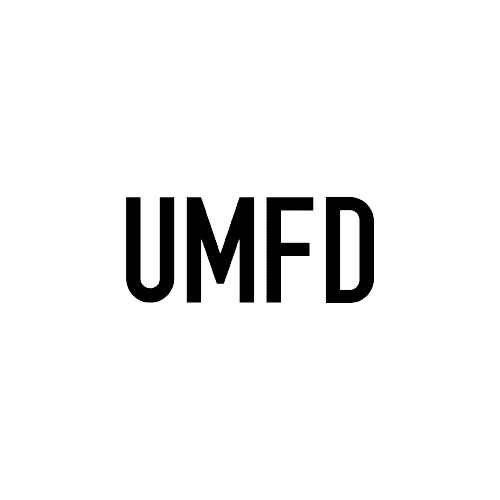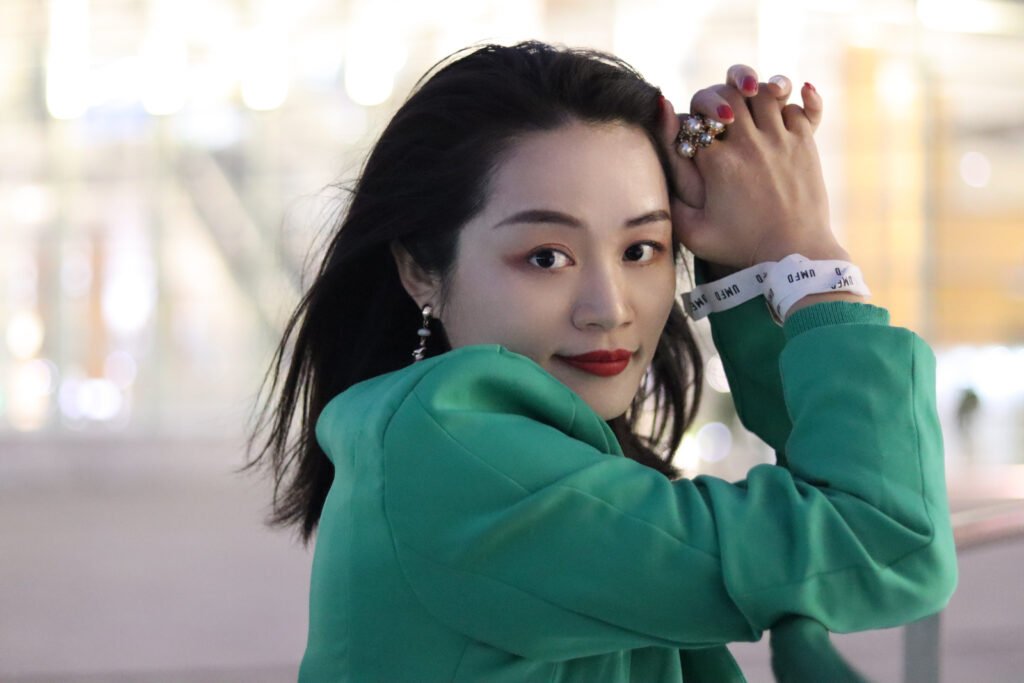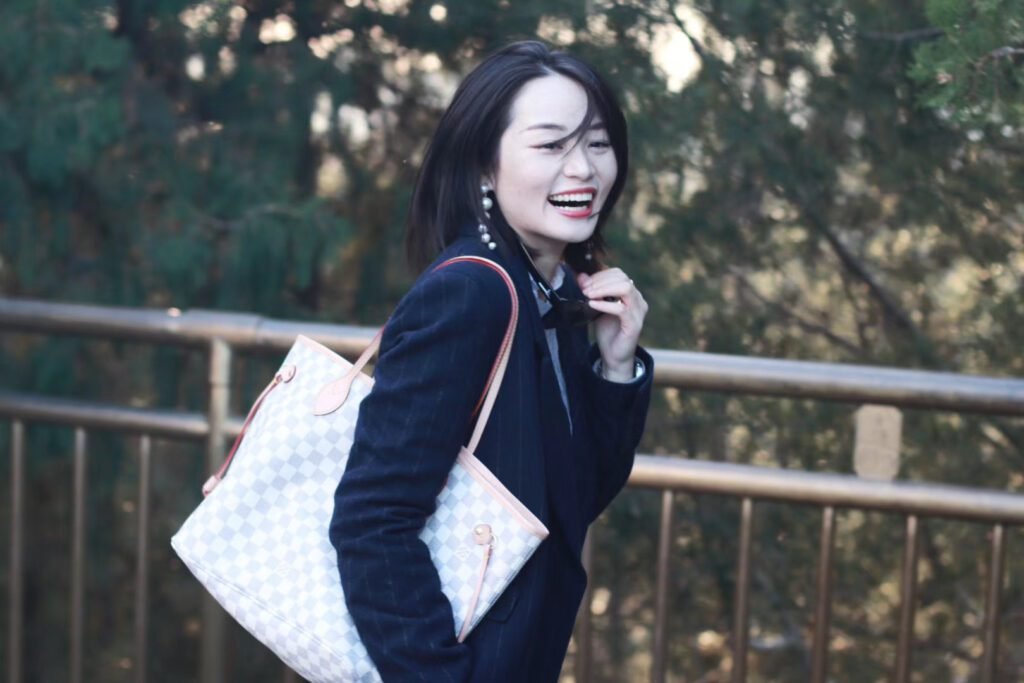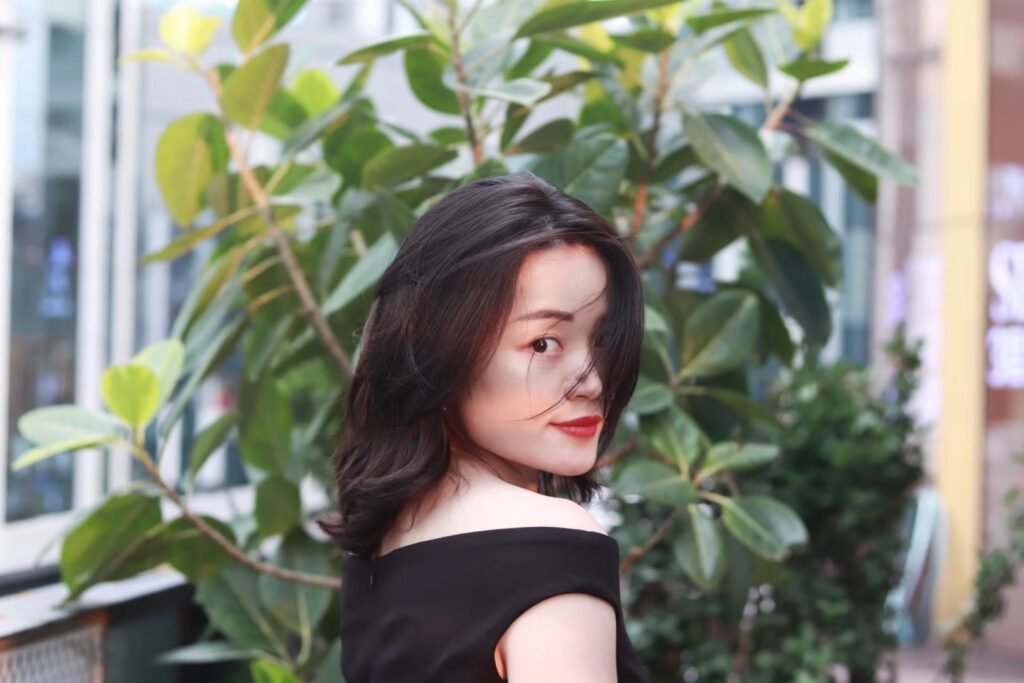It happened one afternoon in Milan.
I was sitting in a quiet café when I noticed a girl by the window — a half-finished latte, a bottle of perfume, a novel spread open before her.
The light spilled across the table, soft and deliberate. For a fleeting second, the air seemed to hum — not with scent or color, but with something more intimate: a sense of self.
That moment felt like a revelation.
We are living in an age where people no longer buy objects — they buy ways of feeling. Consumption has become the language through which we express who we are, and perhaps more importantly, who we long to be.
1. From Rational Consumption to Emotional Expression
For decades, the economy was built on logic: we bought efficiency, utility, and function.
But today, consumption has shifted into something far less tangible — and far more human. What we buy is no longer driven by need, but by the emotional stories we wish to tell about ourselves.
A perfume is no longer just a scent; it’s a form of solitude that finally feels seen.
A cup of coffee is not caffeine; it’s the morning ritual that restores emotional order.
A brand is not a logo; it’s an emotional habitat.
What we’re witnessing is not “emotional marketing,” but the rise of an emotional economy — a deeper sociocultural movement in which people use consumption to re-negotiate identity in an age of overstimulation and spiritual fatigue.
In a world flooded with information, emotion has become the new scarcity.
2. The Sociology of Feeling: When Suppressed Emotions Seek Safe Exits
Our modern world worships productivity and reason — and in doing so, it quietly represses emotion. But the human emotional system is irrepressible; it simply looks for new outlets.
“Buying” has become one of them — a socially accepted way to express what we can’t always verbalize.
You might not cry in the office, but you’ll send yourself flowers after midnight.
You might not announce your exhaustion, but you’ll light a candle just to feel human again.
You might not slow down your thoughts, but you’ll seek the scent that helps you breathe.
These gestures aren’t shallow. They are subtle acts of self-repair.
People are not chasing luxury — they’re reclaiming emotional sovereignty: the right to choose how to feel, and how to live.
3. The New Definition of Luxury: The Ability to Feel
Luxury is no longer defined by price. It’s defined by perception.
In an age where attention is fractured and information is relentless, the real privilege is the ability to feel deeply.
To sit still long enough to smell something.
To listen to a piece of music without skipping.
To be present in one sensory moment.
That is modern luxury.
At UMFD, we call it “slow luxury” — a philosophy that views fragrance not as escape, but as reconnection.
When you breathe in the quiet chill of Snowing Blossom or the earthy moisture of Awakening Green, you’re not just smelling a scent — you’re returning to yourself. Beneath every note lies a silent act of restoration.
4. Brands as Emotional Vessels
In the emotional economy, brands are no longer sellers of things; they are containers of feeling.
Their role is not to tell us who they are, but to accompany who we are becoming.
This is the foundation of UMFD’s creative logic — that a brand must understand emotion to be chosen by it.
It must carry rhythm, warmth, and aesthetic restraint.
It must leave room for silence.
The most meaningful brands today are not built to shout; they are built to listen.
When fragrance becomes narrative, and space becomes breath, a brand transcends commerce — it becomes a world with a soul.
A rational structure that carries emotional flow; a quiet place in the storm where people feel seen again.
5. We Never Buy Objects — We Buy Meaning
Some say we are too emotional in how we consume.
I’d argue the opposite: emotion is how we return to being human.
In an age obsessed with logic, we are finally remembering how to feel.
Every purchase — a scent, a candle, a sound — becomes a small declaration:
“I still have sensitivity. I still care to feel.”
The brands that thrive in this era will be those who honor that truth — who understand that we don’t buy to possess, but to express; not to escape reality, but to reconnect with it.
The emotional economy is not a marketing trend.
It’s the next chapter in the human story of how we seek meaning.
Because ultimately, what we buy has never been about objects —
It has always been about ourselves.
Modern Sensibility
In a world of noise, emotion is the last form of intelligence.





